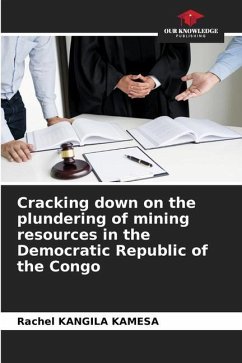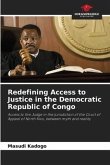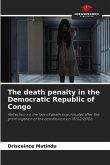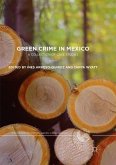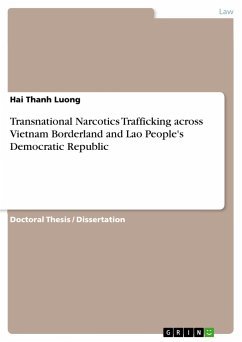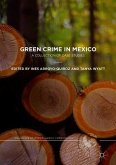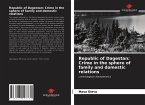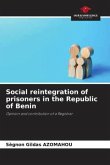The aim of this study was to verify the existence of the phenomenon of mineral resource plundering in the DRC, both from a legal and criminological point of view, and to determine the role of the public prosecutor and the powers of Congolese courts in prosecuting the perpetrators of this plundering. At the end of an in-depth examination, it was shown that there is indeed a phenomenon of looting of mining resources in the DRC. This phenomenon, which is perpetuated by both individuals and corporate bodies, is encouraged in particular by wars. Furthermore, it has been noted that Congolese legislation has not explicitly conceptualized economic crimes, particularly the plundering of mining resources. This undoubtedly leads to legislative evasion. Reinforcing existing institutional mechanisms, explicitly defining looting and the role of the Public Prosecutor's Office with regard to looting, and redefining the powers of Congolese courts in this area would therefore be an essential step in repressing the looting of mineral resources in the DRC.
Bitte wählen Sie Ihr Anliegen aus.
Rechnungen
Retourenschein anfordern
Bestellstatus
Storno

